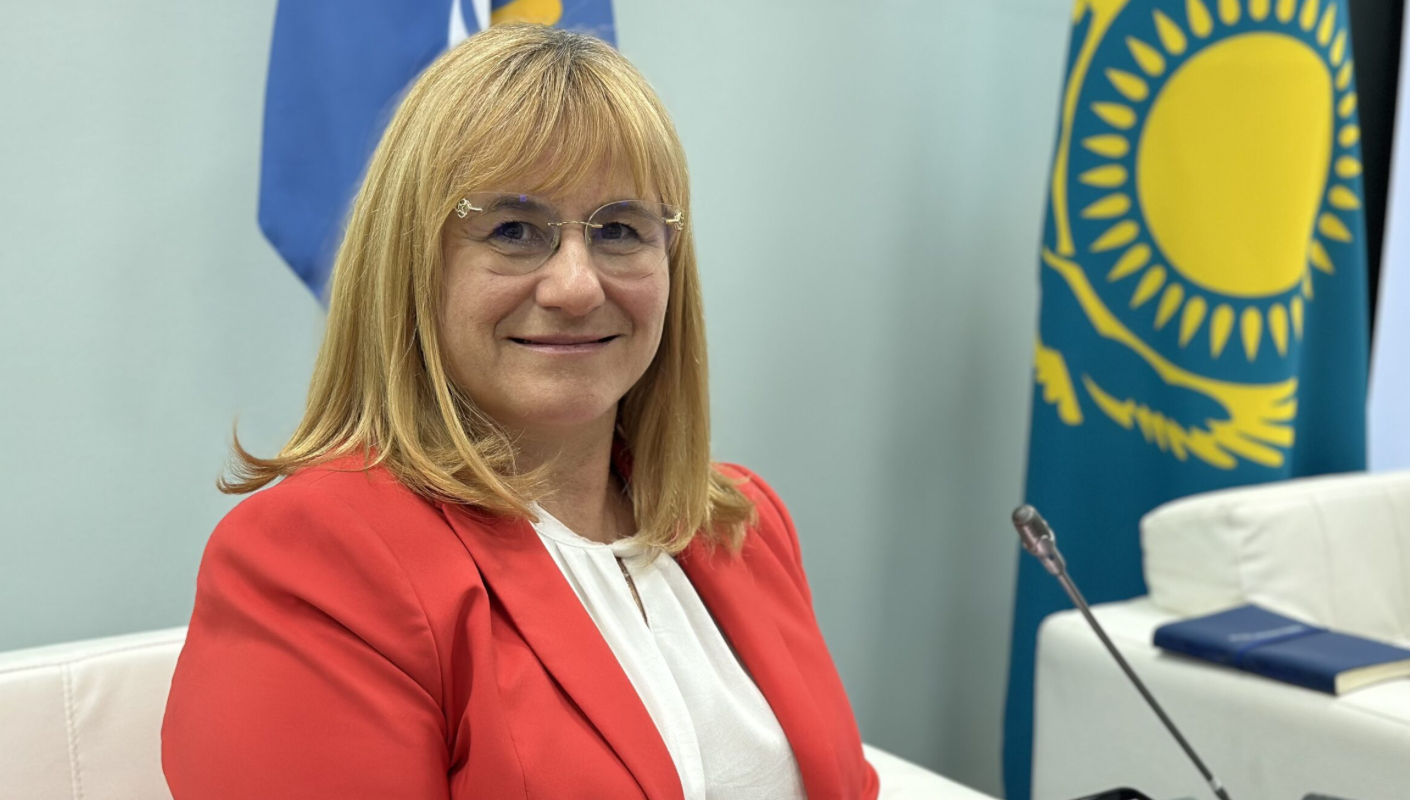Since 2010, a range of important health system reforms have been implemented, including enhancing the autonomy of health care service providers, improving regulation of health service procurement, strengthening primary health care (PHC), introducing corporate governance principles in the public sector, and active digitalization with improved interoperability among health system databases. A social health insurance fund was established in 2016 as the single payer. Reforms in other sectors, such as labor and social protection, helped to prepare for the MHSI reform. A bundled payment by the informally employed was introduced to simplify participation in health insurance, social protection, pension, and income tax systems. MSHI was piloted in 2019 in the Karaganda region and launched nationwide in 2020.
Mandatory health insurance and a guaranteed benefit package
A large share of Kazakhstan’s population – 58% – is exempt from mandatory contributions to the MSHI fund, and the state makes payments on behalf of the individuals in this group. The introduction of MSHI has already substantially improved the availability of financial resources for health care funding, which were estimated to have increased by 112% in 2020 compared to 2019.
The state guarantees access to a universal package of benefits that does not depend on contribution amount and covers a broad range of services. PHC, free medicines, specialized outpatient care, and acute inpatient care are available to all citizens and registered foreigners. The second package, called the insurance benefits, covers elective care, certain diagnostic procedures, medicines, medical rehabilitation, high-cost treatments, and elective dental care for children and pregnant women. This package is offered to insureds, who comprise 84% of the population. The health system continues to provide social health protection for all vulnerable groups and the majority of the population.



